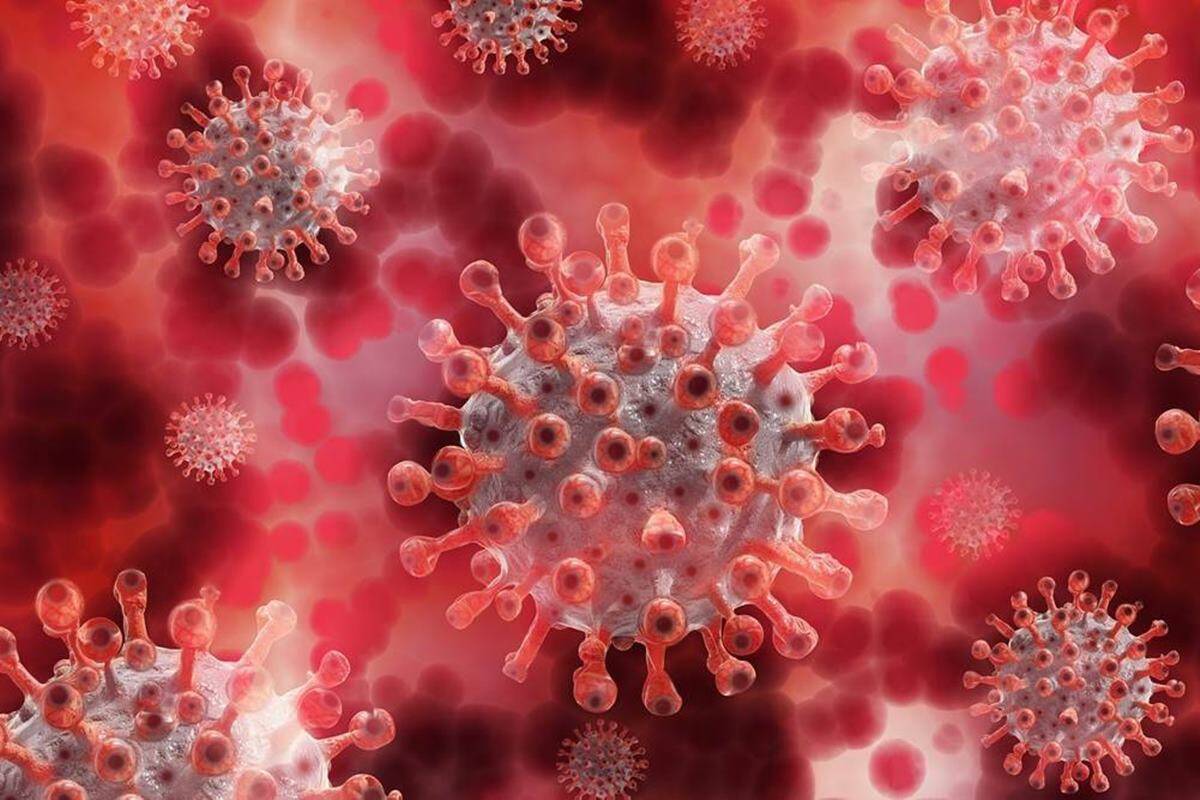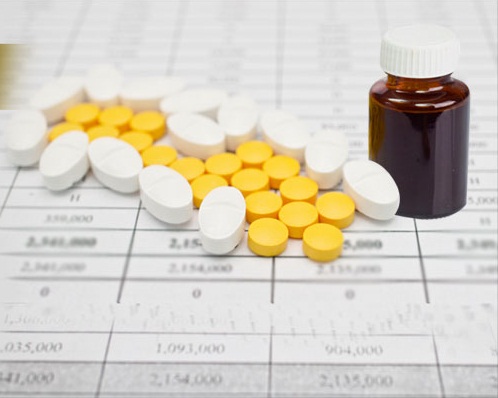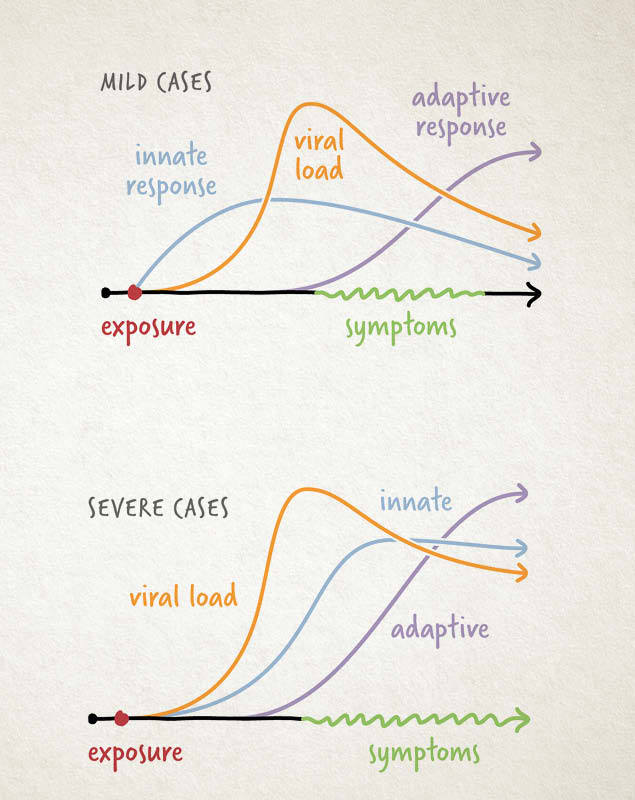Study Reveals That A Modified Tapeworm Drug May Treat COVID-19 Infection

A team at the Scripps Research Institute in the US has conducted a study in the lab. The research has shown that a modified drug used to treat tapeworm infections may treat Covid-19 infection too.
According to the research team, it was known for 10 to 15 years that the class of drugs called salicylanilides work against certain viruses but they tend to show certain restrictions in the gut and also have toxic effects. But the latest study published in the journal ACS Infectious Disease reveals that the modified salicylanilide compound overcomes both issues, in mouse and cell-based tests.
The compounds present in the drug are active against both viruses and inflammations caused by other microbes. They have properties that make them suitable for use as pills.

Salicylanilides were first discovered in Germany in the 1950s. They were used exclusively to treat worm infections in cattle. Versions of it including the drug niclosamide are used in animals and humans today to treat tapeworms.
How did the research begin?
The modified salicylanilide compound which the present study is talking about was developed by Professor Kim Janda, a professor at Scripps Research, years ago for another project. When the SARS-CoV-2 virus hit the world and became a global pandemic in early 2020, Janda started screening his old collection first in cells because it was known that this compound has antiviral properties.
Later, he worked with John Teijaro, an immunologist at Scripps Research, to further conduct tests in rodents.
One compound tagged as “No. 11,” stood out. This compound differs from commercial tapeworm medicines because it possesses the ability to pass beyond the gut and be absorbed into the bloodstream without causing any worrisome toxicity.
Janda elaborated on the same and said, “Niclosamide is basically digestive-track restricted, and that makes sense because that’s where parasites reside. For that reason, simple drug repurposing for a Covid treatment would be counterintuitive, as you want something that is readily bioavailable, yet does not possess the systemic toxicity that niclosamide has.”
After the study, it was found that about 80 percent of salicylanilide 11 passed into the bloodstream, as opposed to about 10 percent of the antiparasitic drug niclosamide. It has recently got into clinical trials as a Covid-19 treatment.
Janda built many modified salicylanilides in his laboratory but it was only No. 11 that came out to be effective against coronavirus infections. It affected the virus in two ways-
- It interfered with how the virus deposits its genetic material into cells and infects them in a process called endocytosis (which requires the virus to form a lipid-based packet around viral genes).
- The packet enters the infected cell and dissolves, so the protein-building machinery of the infected cell can read it and churn out new viral copies. No. 11 helps in preventing the packet’s dissolution.

Response to COVID-19 infection by Human body
Explaining the mechanism of its working, Janda said, “The compound’s antiviral mechanism is the key. It blocks the viral material from getting out of the endosome, and it just gets degraded. This process does not allow new viral particles to be made as readily. Importantly, because it acts inside cells rather than on viral spikes, which the virus uses to enter the human cells, questions about whether it would work in new variants like Delta and Lambda are not a concern. This mechanism is not dependent on the virus spike protein, so these new variants coming up aren’t going to relegate us to finding new molecules as is the case with vaccines or antibodies.”
Janda has also enlightened about the possibility of No. 11 to be used to treat associated symptoms of Covid-19 infection too. He said, “No. 11 also helped in treating potentially toxic inflammation in the research animals which could be important for treating acute respiratory distress associated with life-threatening Covid infections.”
The researchers of the study further added, “It reduced levels of interleukin 6, a signaling protein which is a key contributor of inflammation typically found in advanced stages of Covid-19.”










